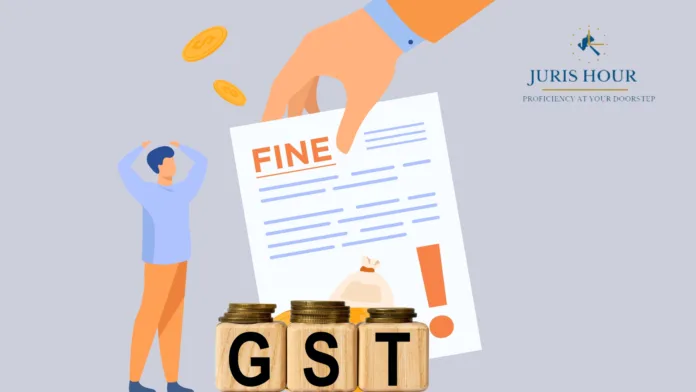The 55th GST Council met under the Chairpersonship of Union Minister for Finance & Corporate Affairs Smt. Nirmala Sitharaman in Jaisalmer, Rajasthan, today.
The 55th GST Council meet recommended that no GST is payable on ‘penal charges’ levied and collected by banks and Non-Banking Financial Company (NBFCs) from borrowers for non-compliance with loan terms.
Impact on Banks and NBFCs
Reduced Compliance Costs
Currently, financial institutions must manage GST compliance related to penal charges, including collection, reporting, and remittance of tax. A waiver would simplify the process for banks and NBFCs by reducing administrative and compliance costs, making the penalty system easier to implement.
Potential for Increased Penalties
With the removal of GST, banks and NBFCs may feel less incentivized to reduce the penalties they impose, as they no longer need to account for the tax burden in the pricing structure of penal charges. This could potentially lead to higher penalties, particularly if institutions decide to offset the loss of GST income through higher charges.
Risk of Exploitative Practices
Financial institutions could exploit the absence of tax on penal charges to introduce excessive or more frequent penalties, especially in cases where borrowers are already financially distressed. This could lead to more aggressive lending practices.
Impact on Borrowers
Lower Penalty Costs
Borrowers would benefit from a reduction in the overall cost of penal charges, as the waiver would remove the GST component (which is typically 18% in India). This may result in lower financial burdens on those who default or violate the terms of their loan agreements.
Will this Increased Non-Compliance?
While the removal of GST might make penal charges appear less punitive, it could inadvertently incentivize non-compliance or default, especially if borrowers perceive the penalties as more manageable or less impactful due to the tax exemption. This could lead to increased defaults or late payments.
Financial Discipline Impact
While reducing the cost of penalties might alleviate immediate financial stress for borrowers, it could undermine the deterrent effect of penalties. When penalties are lower or less burdensome, borrowers may be less motivated to adhere to loan terms, especially in the case of marginal borrowers.
Read More: 55th GST Council Meet: No GST On Vouchers Transactions

